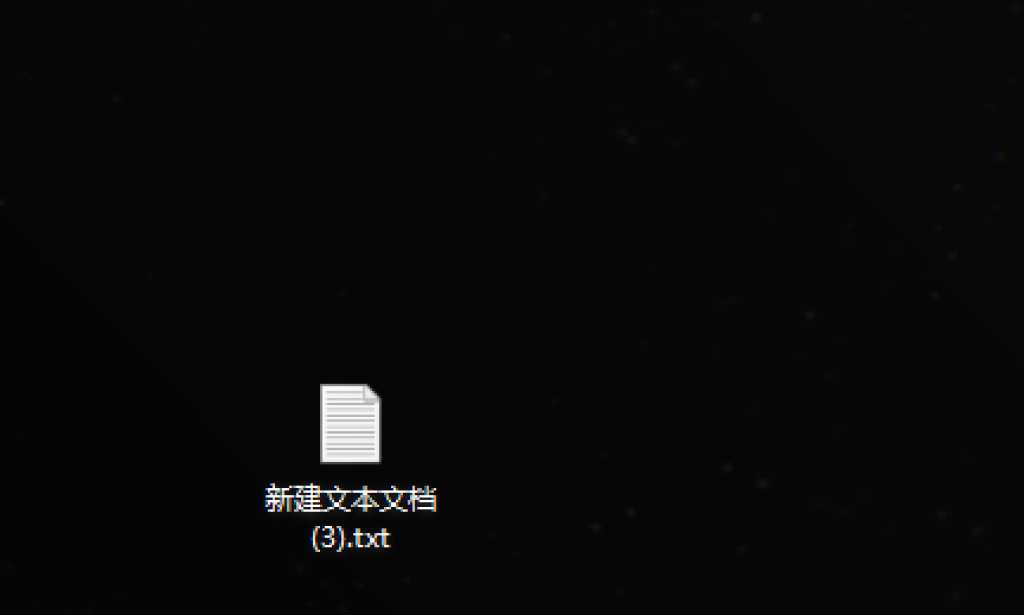The term blockchain often conjures images of Bitcoin and other digital currencies, yet the underlying technology represents a far more profound innovation with the potential to reshape numerous sectors. At its core, a blockchain is a decentralized, distributed digital ledger that records transactions in a secure, transparent, and tamper-resistant manner. While cryptocurrencies were the first and most famous application, the fundamental principles of blockchain—immutability, decentralization, and consensus—are now being harnessed to solve complex challenges across finance, supply chain, healthcare, and governance, heralding a new era of trust and efficiency.
In the realm of supply chain management, blockchain offers a transformative solution to the age-old problems of opacity and inefficiency. Global supply chains are notoriously complex, involving numerous intermediaries across different countries and jurisdictions. This complexity often leads to delays, errors, and fraudulent activities. By creating an immutable and transparent record of a product’s journey from its origin to the end consumer, blockchain technology enables unparalleled traceability. For instance, a consumer can scan a QR code on a food product to access a complete history, including farm origins, processing details, shipping conditions, and customs certifications. This not only empowers consumers but also helps companies quickly identify and isolate issues like contamination outbreaks, thereby enhancing food safety and reducing waste. Major corporations like Walmart and Maersk are already implementing blockchain to track goods, demonstrating significant reductions in paperwork, administrative costs, and transaction times.
The healthcare industry stands to benefit immensely from blockchain's secure data management capabilities. Patient health records are typically fragmented across different hospitals, clinics, and insurance providers, leading to inefficiencies and potential risks to patient safety. A blockchain-based system can create a unified, secure, and interoperable ledger for electronic health records. Patients would have control over their data, granting permission to specific healthcare providers for access. This ensures data integrity, prevents unauthorized alterations, and streamlines the sharing of critical information during medical emergencies or for second opinions. Furthermore, blockchain can combat counterfeit drugs by tracking pharmaceuticals through the supply chain, ensuring authenticity from manufacturer to pharmacy. Clinical trials can also be made more transparent, with immutable records of protocols and results, reducing the potential for data manipulation and increasing trust in medical research.
Governance and public administration are another frontier for blockchain applications. The technology can be deployed to create more transparent and accountable systems for voting, identity management, and public record-keeping. Traditional voting systems are often susceptible to fraud and logistical challenges. Blockchain-based voting platforms can provide a secure and verifiable method for casting and counting votes, potentially increasing voter turnout and public trust in electoral processes. Digital identity is another critical application; millions of people worldwide lack official identification, which hinders their access to essential services like banking and education.



You must be logged in to post a comment.